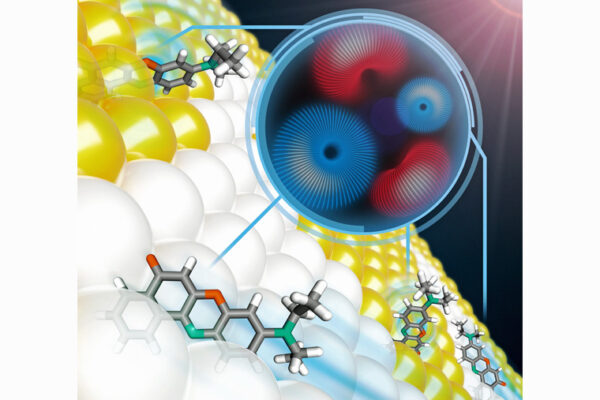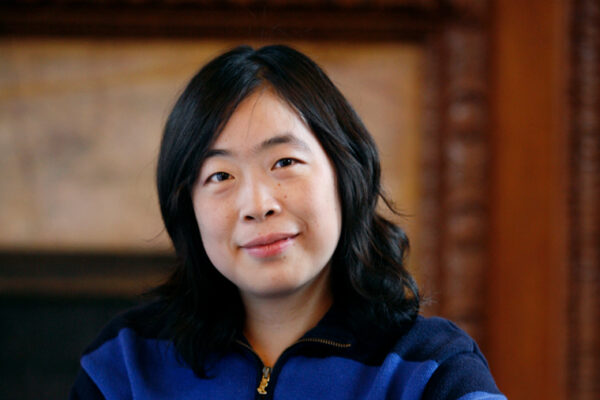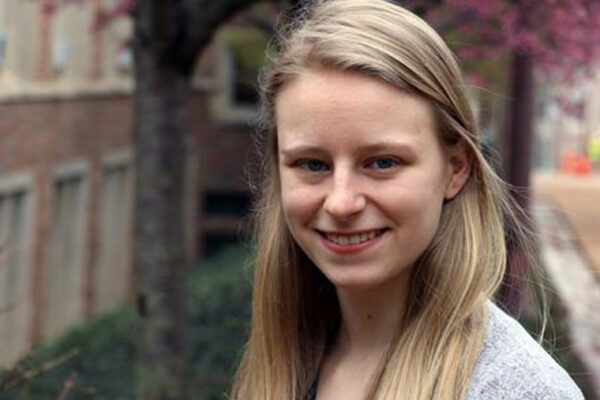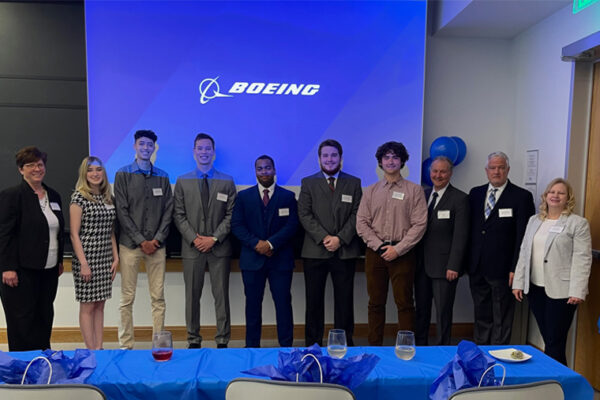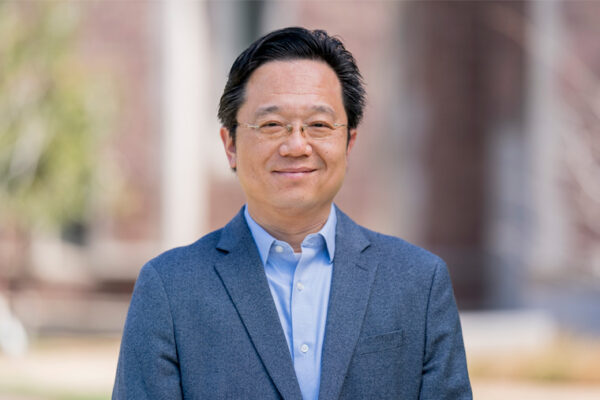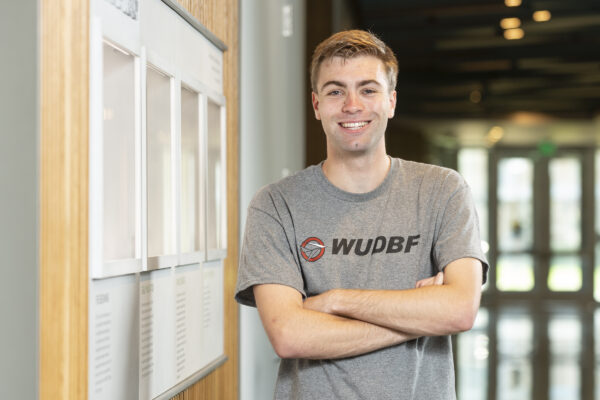Zhang lab takes on cyber-physical system hackers
Research from the lab of Ning Zhang at the McKelvey School of Engineering shows a new way to keep people safe when a hacker attacks.
Protein delivery may help treat diabetic limb problems
A $2.3 million National Institutes of Health (NIH) grant will fund Jianjun Guan and Fuzhong Zhang’s effort to develop and deliver therapeutic proteins to help treat injured limbs.
Lew lab sheds new light on cell membranes
Researchers in the Lew lab in the McKelvey School of Engineering are using light in novel ways to better image biological samples.
Yang wins German research award
The McKelvey School of Engineering’s Lan Yang has been selected to receive the Friedrich Wilhelm Bessel Research Award. Given by the Alexander von Humboldt Foundation, the award recognizes distinguished scientists in any discipline.
Walker wins Quantrano Prize, other honors
McKelvey School of Engineering undergraduate student Caitlind Walker has received several prizes, including the 2022 Ralph S. Quatrano Prize.
Engineering students chosen for Boeing leadership program
Seven students from the McKelvey School of Engineering have been selected for paid internships as part of Boeing Co.’s new Accelerated Leadership Program.
Lu wins award for most influential paper in real-time systems
Chenyang Lu, the Fullgraf Professor at the McKelvey School of Engineering at Washington University in St. Louis and a preeminent expert in cyber-physical systems, and his co-authors received the 2021 IEEE Real-Time and Embedded Technology and Applications Symposium (RTAS) Influential Paper Award.
New tech can double spectral bandwidth in some 5G systems
Using the properties of a unique class of materials, researchers, including Aravind Nagulu at the McKelvey School of Engineering, may have found a way to dramatically increase the bandwidth available for wireless communications.
Pappu lab untangles more IDR secrets
Rohit Pappu’s latest look at intrinsically disordered regions of proteins explains why some sequences behave in different ways. His paper was published in the Proceedings of the National Academy of Sciences.
Class Acts: Miles Petersen
Miles Petersen always knew he wanted to work in the aviation field. He has been building airplanes with Design Build Fly. Soon, he’ll be building them with aerospace giant Boeing Co.
Older Stories


